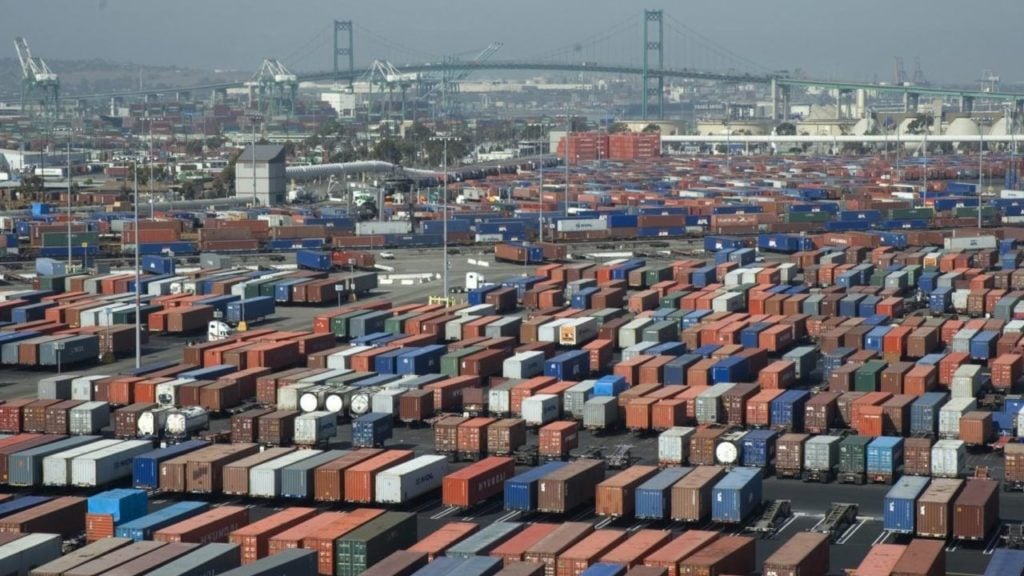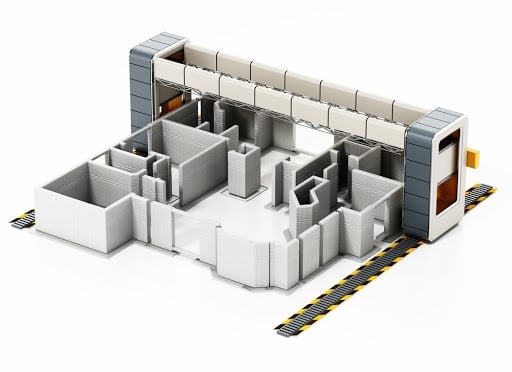United States trade policies are about change, and it could mean a completely different business landscape for the American economy.
President Donald Trump yesterday signed an executive order that ended America’s involvement in the Trans Pacific Partnership (TPP) trade deal, a secretive agreement that had been highly contested on the campaign trail.
Ending America’s involvement in the trade deal became a focal point of Trump’s presidential campaign, and it’s now the focal point of his first week in office. The deal was championed by former President Barack Obama, with the intention to shift the country’s economy focus toward the developing economies of the Pacific Rim.
Critics of TPP have expressed concerns regarding a wide range of measures in the trade deal. The rules on America's prescription drug exclusivity, which enable a national monopoly on potential life-saving drugs, came under fire from Doctors Without Borders.
Moreover, language in TPP that mandates national collective bargaining rights faced criticism from businesses. Another concern of businesses is TPP’s Investor-State Dispute Settlement which would push foreign corporations’ legal disputes into international tribunals in contrast to domestic courts.
The aforementioned issues and more put a halt to the international trade deal at the end of the Obama Administration. The politics surrounding TPP split Democrats and Republicans alike in a fair trade versus free trade debate.
During the campaign, Trump won over the support of blue collar workers in part for his strong stance against TPP, which is often viewed negatively by that exact demographic.
But President Trump isn’t settling for pre-TPP status quo. He’s leading renegotiation of existing trade deals with America’s bordering nations. In an effort to shift the focus on trade, Trump said he’s going to “start renegotiation on NAFTA, on immigration, and on security at the border,” stating that he "ran a campaign somewhat based on NAFTA."
NAFTA, or the North American Free Trade Agreement, was signed into law by former President Bill Clinton and was heavily criticized on the 2016 presidential election campaign trail. One major concern about the 1990s trade deal is its association with the loss of an estimated three quarters of a million jobs to Mexico.
Another concern over NAFTA includes greater returns for multi-national corporations at the expense of small businesses. Trump’s NAFTA renegotiation efforts will likely try bring back the jobs lost to Mexico and parts of Canada.
RELATED:
• What Will Business Look Like Under the Trump Administration?c
• With A New Republican President, Can We Expect Another U.S. Recession?
• Unclear on Economic Sanctions, Tillerson Could Strengthen U.S.-Foreign Business Relations











